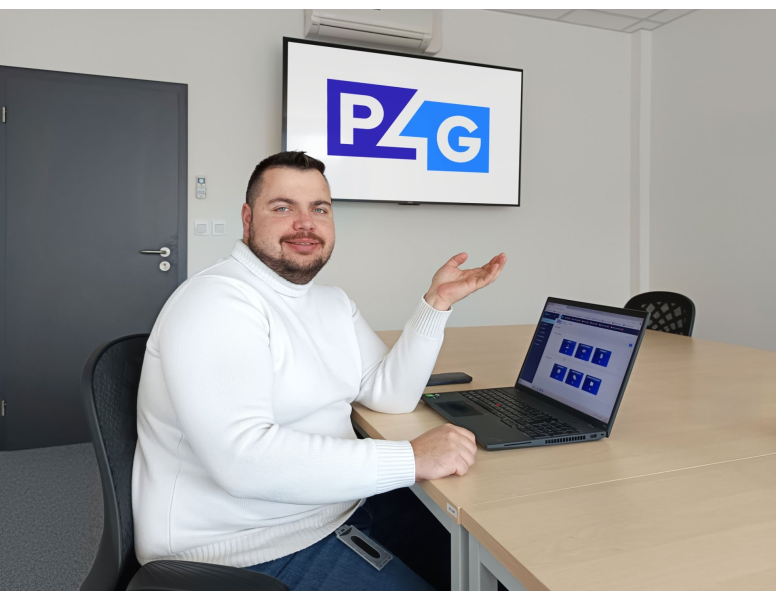
Interview with Bc. Luboš Prüger, Executive Director of Projects 4GASTRONOMY
Modern catering: efficiency and technology in the lead
Modern foodservice operations are no longer just about quality ingredients and experienced chefs. Efficient planning and cutting-edge technology also play a key role. What does professional kitchen design look like in the 21st century? And why is it important to be in control from the very first design? We talked about these topics with an expert from Projects 4GASTRONOMY s.r.o., which specialises in designing and optimising gastro environments for demanding customers.
Could you tell us more about what inspired you to found Projects 4GASTRONOMY s.r.o.?
I was mainly inspired by the fact that I have been in the engineering and technology industry all my life. When designing gastro facilities it is important to think about efficiency, functionality and meeting the client's requirements. When a project is designed professionally, we minimize mistakes and set up the operation to be successful and functional for the long term.
What are the main benefits of using BIM in the design of foodservice operations?
The BIM (Building Information Modeling) method is no longer new, but is now becoming standard in the construction industry. It is not just a 3D model, but a comprehensive data set containing technical parameters such as energy input, plumbing, HVAC and other key information. With BIM, we can eliminate errors and ensure more efficient implementation.
How do you approach the optimization of professional foodservice operations?
We emphasize energy efficiency and automation because there is a shortage of skilled personnel in the foodservice industry. We therefore try to design operations that use modern technology and minimise the need for human intervention.
What trends are you currently following in gastronomy?
The biggest trend is digitalisation and automation of processes. Open kitchens, where guests can watch their food being prepared, are also growing in popularity. Sustainability and energy efficiency are also important.
How do you ensure that your projects meet the individual needs of your clients?
The key is our unique project management portal, which enables cross-cutting management and real-time information sharing. Each client receives detailed consultation and complete support from initial study to implementation.
What are the most common challenges in designing modern foodservice operations?
The biggest challenge is non-standard projects where unique solutions need to be devised for specific space and technology requirements. For example, a restaurant located on a chimney or other unusual concepts.
How do you adapt to the rapidly changing technology in the foodservice industry?
We invest in the latest technology and software such as Autodesk Revit and BIM systems. Thanks to digitalisation and our own CRM system, we are able to manage projects efficiently and ensure high quality.
What are your plans for the future?
We want to continue to innovate and expand our services to ensure that clients receive the most efficient and professional solutions. Our vision is to expand our team and operate in foreign markets.
What advice would you give to entrepreneurs who want to open a new gastro operation?
Invest in a quality project and reliable partners. A good project will minimise mistakes, reduce costs and ensure the long-term sustainability of your business.
Thank you for the interview!
